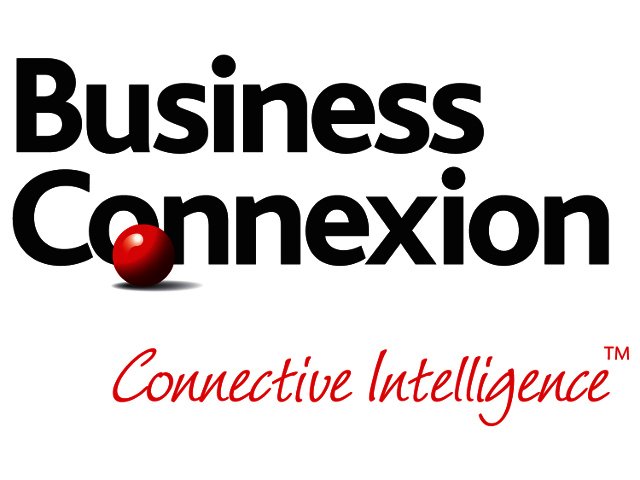The Internet of Things (IoT) is a reality that cannot be ignored. Gartner forecasts that by this year, there will be 4.9 billion connected things in use and this will reach 25 billion by 2020. This is changing the way companies operate, forcing them to redefine their businesses processes to keep up with their competitors. This is the view of Matthew Blewett, chief investment officer at Business Connexion.
“Today’s CIO is expected to be more strategic in their role. According to the International Data Corporation (IDC) 56% of CIOs in South Africa are prioritising driving innovation through technology and 54% are focusing on managing IT governance, risk and compliance,” he says. “However, as customers are far more connected today, the CIO faces a much larger number and variety of data sources and unless they are able to combine customer insights, inventory and competitor data in real time, they will not be able to create the context required to deliver on customer expectations.”

Matthew Blewett, chief investment officer at Business Connexion
Redefining traditional business value chains
Blewett believes that IoT will force many businesses to completely redefine their traditional value chains. “By making traditionally physical and disconnected processes digital and connected, products and services can be processed and delivered in completely new ways. For a business this not only means that processes can be optimised, it also provides them with the tools they require to make decisions in real time.” An intelligent shelf in a retail store can, for example, connect real time with a delivery vehicle requesting ‘just in time’ replenishment. “These optimisations not only improve efficiency, but lead to the concept of value networks where different industries can easily connect into the processes of other interdependent industries. The example in point illustrates how IoT will lead to further industry convergence, for example between retail and logistics,” he adds.
With an increase in connected devices comes increased data and Blewett believes the access to more trends and analytics will completely change the way businesses make decisions or offer their products and services. “The challenges at the moment are primarily around changing an existing mind-set, which sees technology as playing a specific role within the business’ current value chain,” he says. “All the new devices and the data that they create are enablers for the business to not only optimize the way it does things but, more importantly, what and why it does these things. Businesses that are able to truly understand the product and service they offer will see how an IoT world might allow them to offer this service in a completely new and optimized way.”
Security at the core
The increase in connected devices has resulted in an increase in associated risks. “Security is already an issue when it comes to cloud and all that is going to happen in the IoT world is that the risk is going to grow exponentially. The vulnerabilities are both at the communication layer and storage layer,” says Blewett. He adds that it is not just about the increase in devices connecting, but the increase in the personal, private and confidential nature of data communicated. Big Data also requires even larger cloud storage platforms that will have an even more valuable aggregation of data that could be misused if unauthorised parties gain access to it. “Enterprises need to be far more vigilant in the security of the networks they choose to let this data travel over and the security of the chosen storage platforms. In this regard quality of service and encryption are going to be key factors in future platform choices.”
Dealing with disruption in a digital world
The shift to a digital world is undoubtedly disrupting the way in which we do business and organisations will have to be proactive in their approach to IoT, ensuring that it supports their overall business strategy. “The basic business success rules still apply – does the company understand its true purpose, why it’s in business and how its offering is differentiated from others?” Blewett believes that if this is fully understood, and the differentiators are compelling, then IoT represents a new layer of enablement and creativity in realising the purpose of the business. “Whereas IT was limited in how it might drive a company’s business strategy in the past, IoT is far more pervasive and has the potential to underpin and drive almost any business strategy,” he concludes.





